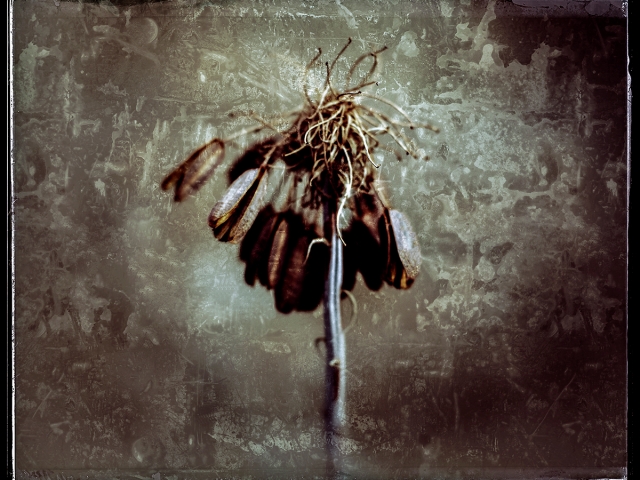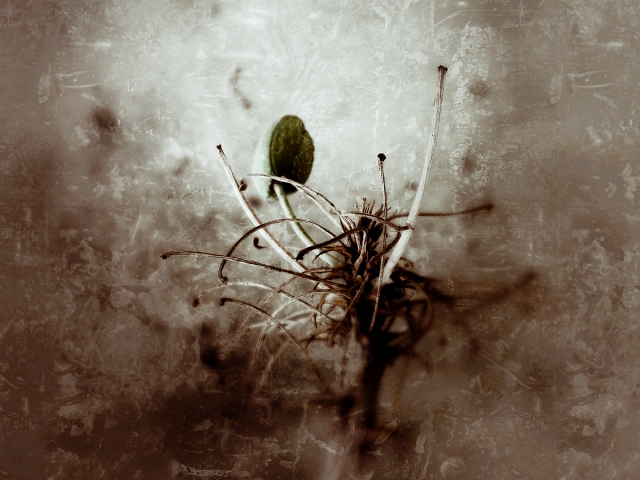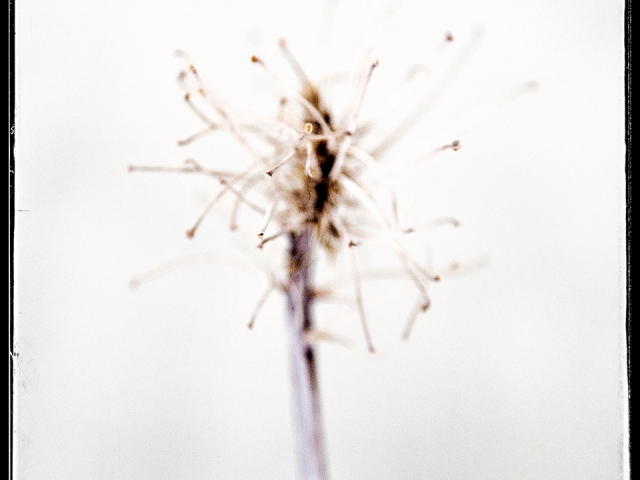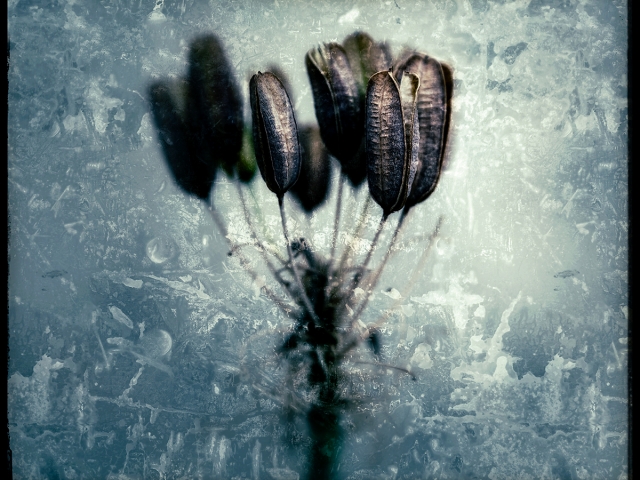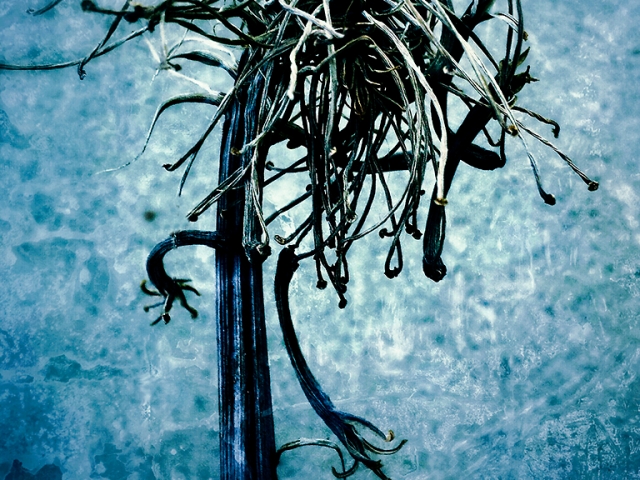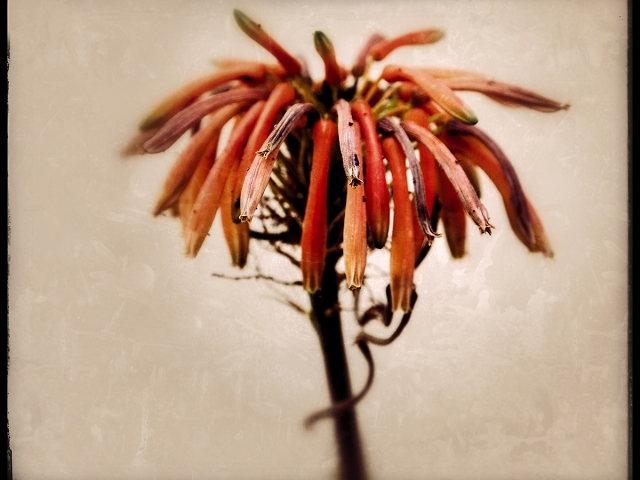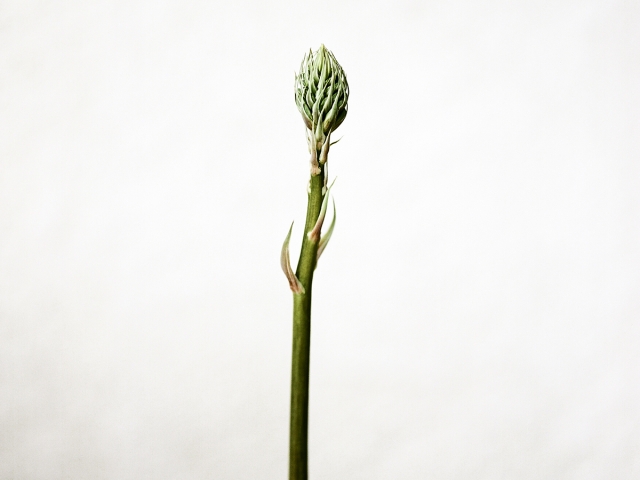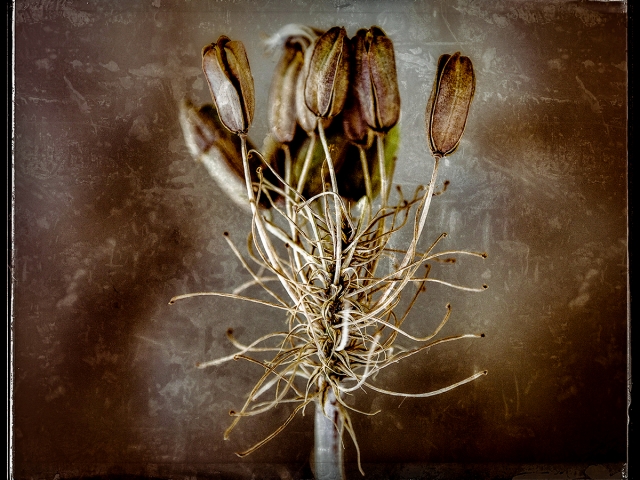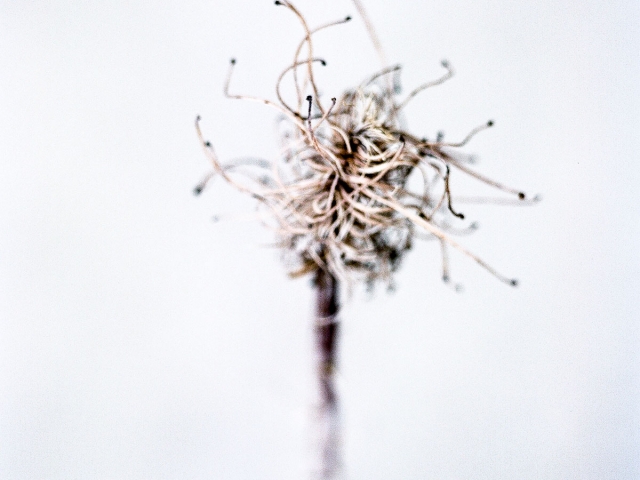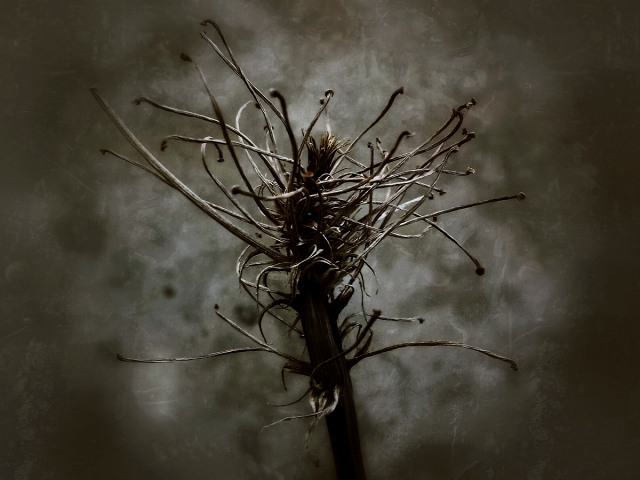Douglas Stockdale
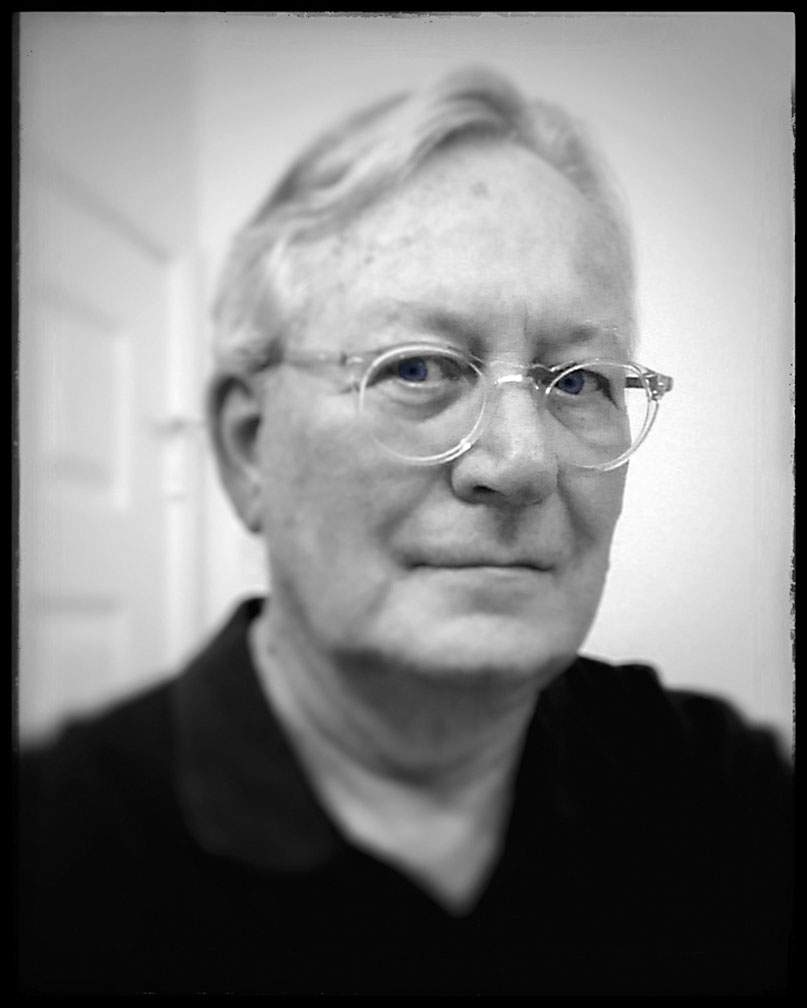
About
Douglas Stockdale (www.douglasstockdale.com) is a member of the LACP faculty, an artist/photographer, book author and educator who creates narratives and stories that explore memory, aging, family histories and American culture. He is the influential Editor and Publisher of PhotoBook Journal, the contemporary photobook magazine, which has continually ranked the #1 for photobook reviews. Stockdale is a submission reviewer for LensCulture. He frequently curates and serves on juries for international photographic exhibitions and photobook competitions. Stockdale is a workshop leader, portfolio reviewer, discussion leader and mentor for LACP. He provides mentoring on the development of photographic projects including the concept, editing, sequencing, layout, and design which is equally applicable towards an effective project, portfolio, submission or a published book. His work is in the permanent collection of the Museo d’Art Contemporanea di Roma (MACRO), Beinecke Rare Book & Manuscript Library (Yale University), Reminders Photography Stronghold (Tokyo) and other photobook archives. He has self-published five books and two artist books, Pine Lake and Bluewater Shore, were Best Photographic Books of 2014 and 2017 respectively. His first monograph, Ciociaria, was published by Edizioni Punctum (Rome) in 2011. He is represented by Fabrik Projects (gallery), Los Angeles.
Gallery
LACP Interviews Douglas Stockdale
LACP asks Douglas Stockdale ten questions about his background, career in and beliefs about photography
Los Angeles Center of Photography: What kind of photographer are you?
Douglas Stockdale: I lean into conceptual projects and themes, such that for the past ten years my interest is investigating how we retain and preserve memory.
LACP: How long have you been shooting?
DS: I have exploring the photographic medium since I attended Michigan State University majoring in Industrial Design Engineering. A good friend of mine became interested in photography about the same time; he acquired the basic wet darkroom equipment and I found the 35mm camera equipment to use. I currently work with a mix of medium format film, full frame digital as well as the ubiquitous cell phone.
LACP: Where did you get your training?
DS: I am essential self-taught and in line with my personal concept that we are continuously learning. I did complete some formal two-dimensional art classes at Cal State Northridge and previous to that some zone system workshops with Don Huntsman, then John Sexton, when I had a strong interest in black and white landscape photography. Currently I have a lot of photographic conversations about art theory in conjunction with extensive hands-on practical experience. For the past eight years after I founded the blog/zine The PhotoBook, I have been immersed in contemporary photography as expressed as a book object.
LACP: When did you know you wanted to devote your life to photography?
DS: I have not devoted my life to photography as much as I have made it an integral part of my life experience and continue to find a balance with it, my family and making a living since my undergraduate studies at MSU. I still have a day-job creating new pharmaceutical drugs for unmet medical needs, which is equally gratifying and creative for me. This day-job also allows me the freedom to pursue personal conceptual projects that I might not otherwise, to not be as concerned about the financial consequences of going down the rabbit hole.
LACP: Did you ever come close to giving up?
DS: Yes, in 1985 with the cost of silver sky-rocking and price of the darkroom photographic papers becoming extremely expensive while the batch to batch quality was plummeting, I was unable to reproduce the prints that I had made the years before. Every batch of new black & white paper required exhaustive testing in my darkroom to figure out what grade it really was how it would perform. In frustration I made a switch to painting for the following 15 years. During that time I began to experiment with Photoshop in 1991 to create montages that incorporated photographic scans in my artwork. In 2001 I returned to photograph utilizing film while starting to evaluate the early digital technologies.
LACP: Have you sacrificed anything by being a photographer?
DS: I have made a few sacrifices in my dual lifestyle path of photograph, family and science and in retrospect, perhaps have not had the quantity of photographic exhibits and publications that I might have with a dedicated photographic career, but I have no regrets. To borrow an overused phrase, life is good for me today.
LACP: What have you gained by being a photographer?
DS: This has allowed me to exercise the creative right side of my brain, as my work in science challenges the left side of my brain. I have realized that this photographic creative capability has spilled over to my day-job and has provided me with an ability to think outside of the box and come up with some novel solutions to my scientific endeavors. Additionally, researching and exploring photographic concepts has provide me with very important personal insights, which in turn has further instilled within me a conceptual focus for my photographic projects. I will also have to admit it is still an exhilarating moment to see my work hanging in an exhibition, published in a book or be acquired for a collection.
LACP: What classes do you teach at LACP?
DS: Current I am teaching an introductory class for the design and development of Photographic Books. This class leverages my extensive experience in photographic books; Editor/Founder of The PhotoBook, published by Punctum Press (Rome), self-publishing limited edition artist books, experimentation with Print-on-Demand and as a curator and judge of photo book competitions and exhibitions. I have previously taught versions of this class in Portland and Long Beach.
LACP: What do you love most about teaching?
DS: I have been involved in adult teaching since 1985, which I will admit at first was very overwhelming and since then I have become to enjoy the wonderful interchange and discussions that occurs during my classes and workshops. It?s really great feeling to see the lights suddenly go on for my students when they achieve that Aha! moment.
LACP: What advice would you give someone who is thinking about making a career in photography?
DS: To understand that this could be a long process and a need to have a solid understanding of the underlying principles of the photographic technology, processes, and the business of photography while being able to answer the question; why is a photographic career important to me?
